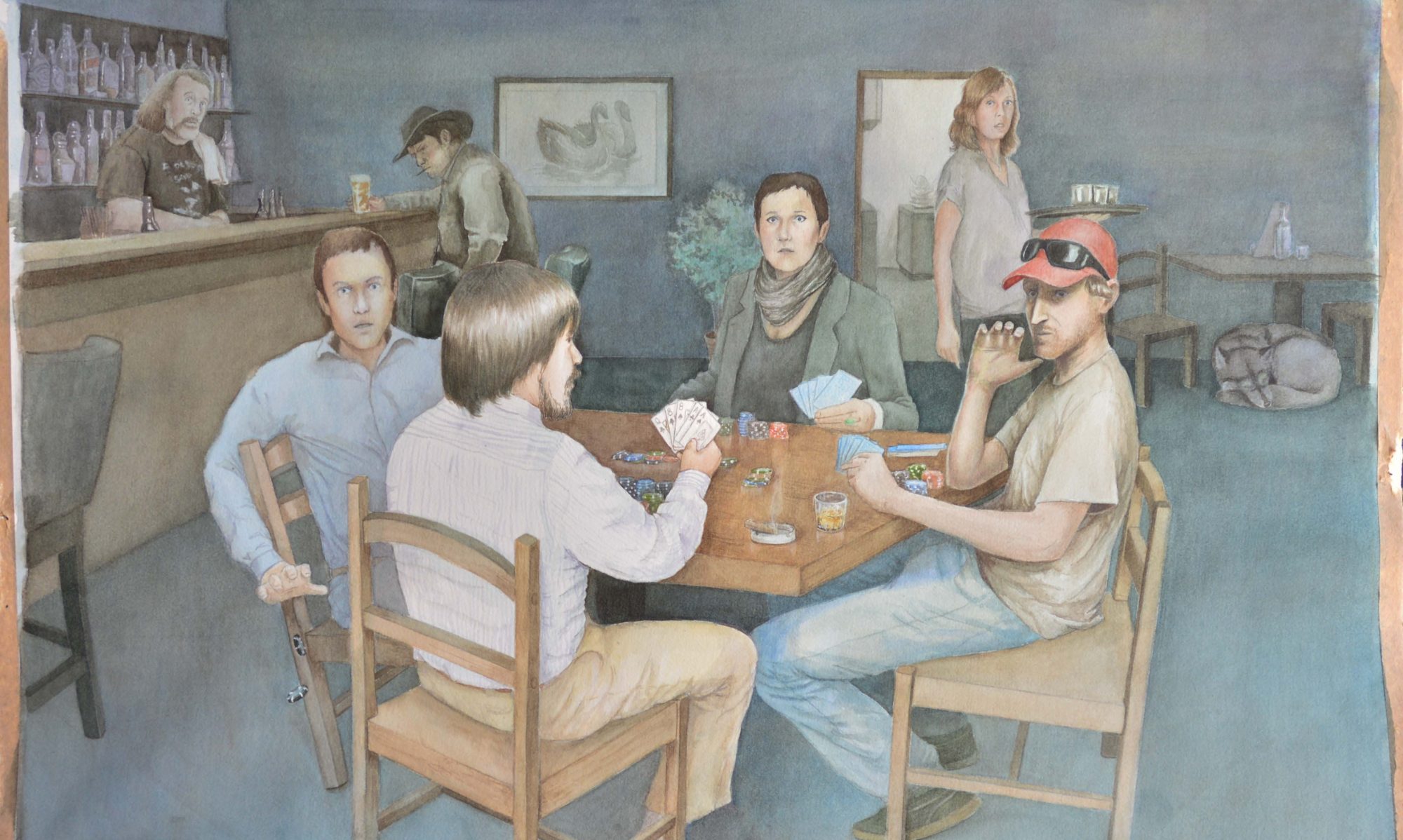What is Risk Theatre?
Risk theatre is a bold new model of tragedy developed by critic Edwin Wong to challenge Aristotelian, Hegelian, and Nietzschean theories of tragedy. In risk theatre, gambling acts lead to unexpected low-probability, high-consequence outcomes. Against all odds, Birnam Wood comes to Dunsinane Hill. Every time.
Risk theatre answers the question: why do we find tragedy endearing? It argues that tragic heroes make risk run riot with their delirious wagers. Because they wager human assets, tragedy functions as a valuing mechanism. Because they lose all, audience wonder: how did the perfect bet go wrong?
Does risk theatre follow the conventions laid out in Aristotle’s Poetics?
No! Risk theatre is an anti-Aristotelian model of tragedy. Where Aristotle says ‘pity and fear’ risk theatre says ‘anticipation and apprehension’. Where Aristotle says hamartia or a ‘tragic flaw’ risk theatre says that the protagonist’s plan is actually rather flawless. What ruins the hero is a low-probability, high-consequence event that could not have been predicted beforehand. Not error, but chance.
Does the idea of risk theatre seem too vague?
Yes, the kernel of risk theatre–that tragedy is a gambling act–is designed to be fruitfully ambiguous. It shares this feature with many other leading theories of tragedy.
Is risk theatre new?
Absolutely!
Why risk theatre?
When Miller wrote Death of a Salesman, he lamented that “there was no model I could adapt for this play, no past history for the kind of work I felt it could become.” The critic Eagleton states it even more succinctly. He begins his seminal study, Sweet Violence: The Idea of the Tragic (Blackwell, 2002), with the point-blank pronoucement: “Tragedy is an unfashionable subject.” Artists and critics need a new model of tragedy, one that appeals to today’s audiences. Risk theatre, by aligning tragedy with the current fascination with uncertainty, risk, and chance, accomplishes this.
How do the jurors select the winner?
The jurors were given three questions during the finalist round to help them determine the winner. Here are the questions:
1) risk theatre argues that tragedy consists of a gambling act in which the protagonist wagers all-in. For example, in Macbeth, Macbeth wagers the milk of human kindness for the crown (he can’t have compassion and be the king at the same time, as he has to murder Duncan). The winning play should have a clearly defined wager, where the protagonist antes-up some human asset (dignity, compassion, love, honour, etc.,) for the object of ambition (a crown, the act of revenge, power, etc.,). How is the gambling act framed in your selection?
2) risk theatre argues that by wagering all-in, protagonists expose themselves to unexpected and catastrophic low-probability, high- consequence events. For example, in Macbeth, Macbeth finds out that he can’t be a king. The best he can be is a tyrant. In addition, unexpected low-probability and high-cosequence events bring him down: Birnam Wood, against all odds, comes to Dunsinane Hill and he meets Macduff on the ramparts, a man not of woman born. The winning play should contain an unexpected low-probability, high- consequence scenario. How is the unexpected low-probability, high-consequence event incorporated into the play you’ve selected?
3) risk theatre argues that the emotional response of tragedy is anticipation and apprehension: anticipation for what the protagonist wagers and apprehension for the price the protagonist, the protagonist’s friends and family, and the community must pay. For example, in Macbeth, the audience anticipates how Macbeth will formulate the wager. Their anticipation is answered when Lady Macbeth tells the audience her husband is ‘too full of the milk of human kindness to catch the nearest way’. And after the Macbeths commit murder, the audience feels apprehension for what must happen: their downfall. The winning play should dramatize the cost the protagonist pays. How does your selection instil into the audience a sense of anticipation and apprehension over the protagonist’s wager and the price the protagonist must pay?

